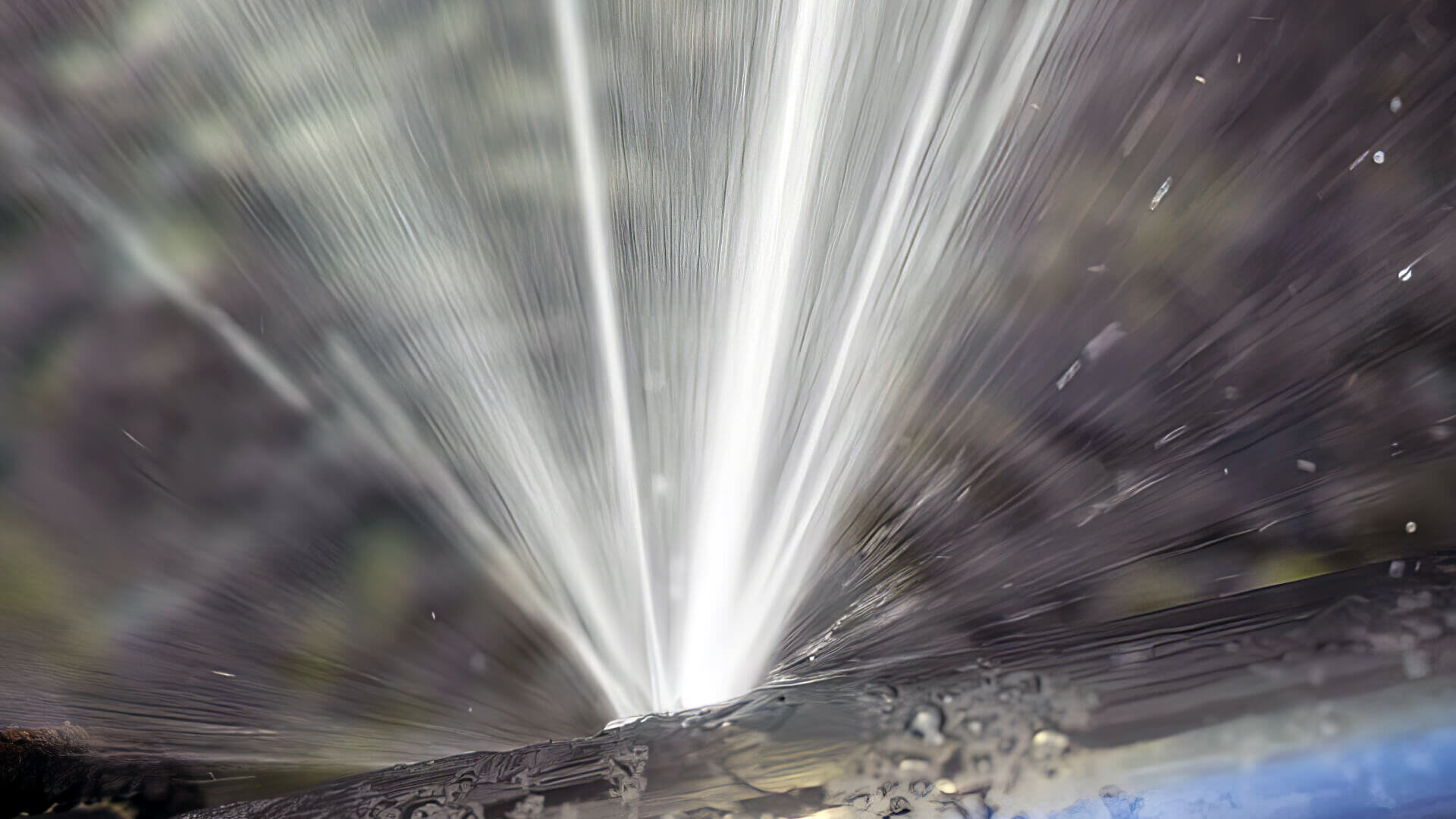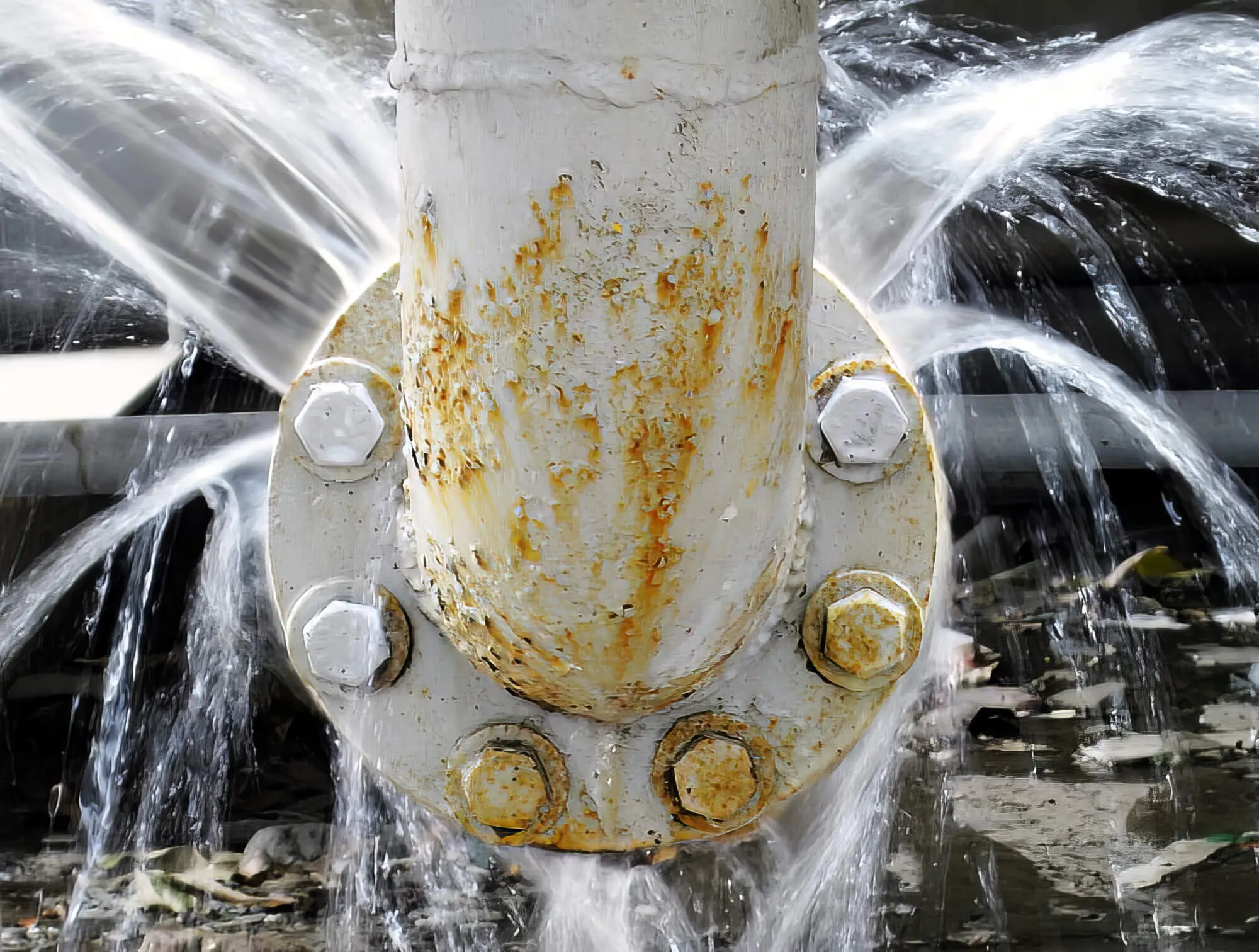How to Fix a Burst Pipe Yourself: A Step-by-Step Guide for Homeowners
How to Fix a Burst Pipe Yourself: A Step-by-Step Guide for Homeowners
Blog Article
Preventing Ruptured Pipes: Necessary Tips to Shield Your Pipes
Protecting against burst pipelines is a critical issue for home owners, specifically during colder months when the risk of freezing is increased. Applying strategic actions such as correct insulation, regular assessments, and keeping constant interior temperatures can dramatically reduce the probability of pipe failure. Furthermore, comprehending emergency situation procedures outfits home owners to respond promptly to potential plumbing issues. Several are unaware of the certain susceptabilities that their pipes might face. Exploring these susceptabilities can give very useful understandings into safeguarding your plumbing system successfully.
Understand Pipeline Vulnerabilities
Comprehending pipeline susceptabilities is important for effective plumbing maintenance and preventing pricey damages. Several aspects add to the vulnerability of pipelines to bursts, consisting of material composition, age, and ecological conditions. Older pipelines, particularly those made from galvanized steel or polybutylene, usually weaken with time, leading to boosted risk of leakages and tears.
Temperature level changes can also substantially impact pipe stability. In chillier climates, water trapped in pipelines can freeze, increasing and putting in stress on the pipeline wall surfaces, which may eventually lead to a ruptured. Furthermore, high water pressure can strain pipes, especially at joints and bends, increasing the possibility of failure.

Insulate Water Lines Properly
Appropriate insulation of pipes is crucial for stopping freezing and subsequent ruptureds throughout chilly weather condition (burst pipe). Shielding your pipes system efficiently safeguards against temperature drops that can result in expensive damage. Begin by determining at risk areas where pipelines are subjected to outdoor temperature levels, such as cellars, attic rooms, and exterior walls
Usage foam pipe insulation sleeves or wrap insulation tape around these locations to supply a protective barrier. Make sure that all areas of the pipes, specifically those with limited warmth direct exposure, get appropriate insulation. Pay special focus to installations and joints, as these are a lot more at risk to freezing.
When protecting, it's essential to pick products that fulfill regional building regulations and are suitable for the certain environment. Fiberglass insulation is usually recommended for its thermal resistance residential or commercial properties. Furthermore, think about making use of warm wires or tape in severe problems, which can be plugged in to supply supplementary warm
On a regular basis check protected pipelines for any kind of indications of wear or damage, as endangered insulation can reduce its performance. By taking these aggressive steps, you dramatically decrease the threat of pipe bursts, ensuring a reputable plumbing system throughout the winter season months.
Maintain Regular Temperature Level
A secure interior temperature level is essential for preventing ruptured pipes throughout the icy months. When temperatures decline, water within pipes can freeze, broadening and creating stress that may ultimately create the pipes to ruptured.Making use of a programmable thermostat can aid take care of indoor temperature levels effectively, ensuring that spaces with pipes stay warm even when the home is unoccupied.
On top of that, it is prudent to permit taps to drip slightly throughout severe chilly spells. This small circulation of water can stop cold by reducing stress within the pipelines. During specifically serious weather condition events, think about momentarily putting on hold any nighttime setbacks on your thermostat to preserve a constant warm setting. By executing these approaches, property owners can considerably lower the risk of pipe ruptureds and safeguard their pipes systems against the extreme wintertime components.
Regularly Examine Pipes
Regular evaluations of pipes systems are vital for stopping ruptured pipelines and preserving general home stability. Routine checks allow homeowners to recognize prospective issues before they intensify into costly repair work or major water damages. During these examinations, it is important to check out visible my website pipes for indicators of corrosion, leaks, or wear. Pay special attention to locations prone to cold, such as basements, attics, and exterior wall surfaces.
Furthermore, inspecting connections and joints is essential, as these points are commonly prone to leakages. Property owners ought to additionally analyze water stress levels, as excessive pressure can strain the plumbing system and increase the risk of pipeline bursts.
Consider organizing specialist plumbing examinations at the very least yearly, especially before wintertime, to guarantee your system is planned for colder temperature levels. Regular evaluations not only help in determining prompt problems however additionally foster lasting maintenance approaches that can boost the life-span of your plumbing system. By being proactive in your approach, you can protect your home versus the costly and turbulent consequences of burst pipelines. Prioritizing pipes assessments is an investment in your home's health and wellness.
Know Emergency Situation Procedures
Understanding click reference emergency situation procedures is crucial for every homeowner, specifically after carrying out normal plumbing evaluations. Being prepared for a plumbing emergency situation can considerably minimize damage and save expenses.
Following, keep necessary devices helpful. A plumbing emergency situation kit ought to include a wrench, bettor, and towels, along with a flashlight and a bucket for small leakages. Furthermore, take into consideration having the call info for a relied on plumbing easily available, needs to the situation escalate beyond your control.
If you identify a leak or check it out ruptured pipeline, instantly switch off the water supply and inform your plumbing technician. Furthermore, record the damages with photographs for insurance coverage objectives. burst pipe. Understand the indications of potential pipes issues, such as unusual water stress variations or damp places on wall surfaces
Ultimately, positive knowledge and swift action are essential in handling plumbing emergency situations, guaranteeing your home stays secured and decreasing potential damage.

Verdict
In verdict, avoiding ruptured pipelines necessitates a multifaceted approach that consists of understanding pipe susceptabilities, correct insulation, maintaining regular indoor temperatures, normal inspections, and expertise of emergency situation procedures. By implementing these necessary approaches, the threat of plumbing failures can be substantially reduced, thus ensuring the durability and performance of the plumbing system. Proactive steps not only secure against prospective damages but additionally add to overall water preservation and the protection of residential property.
In cooler climates, water trapped in pipelines can freeze, applying and expanding stress on the pipe walls, which might eventually lead to a burst. When temperature levels decline, water within pipes can ice up, expanding and producing pressure that might ultimately create the pipelines to burst. By carrying out these methods, home owners can significantly decrease the risk of pipe bursts and guard their pipes systems against the severe wintertime aspects.

Report this page